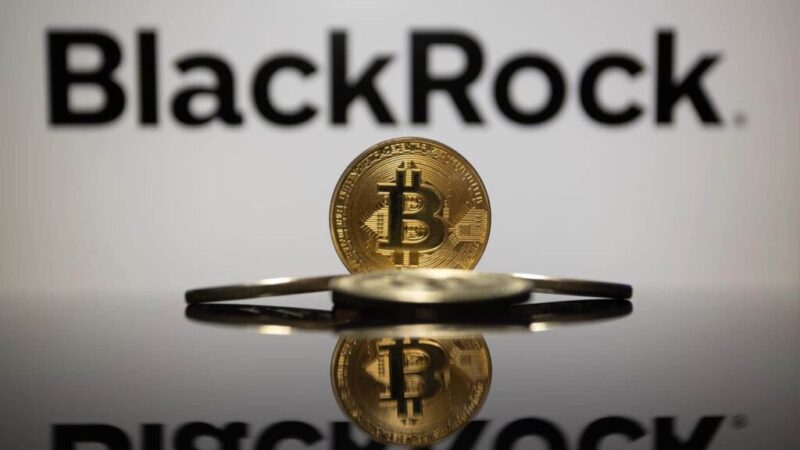Kansas Senate Bill Proposes Bitcoin Investment Cap of 10% for Public Employee Funds
- Kansas Senate Bill allows KPERS to allocate up to 10% of assets to Bitcoin ETPs from Kansas-registered firms.
- Investments require a commitment to fiduciary duties, prohibiting socially or economically motivated objectives.
- Clearness orders monthly reporting and annual reviews to ensure adherence and risk management.
A legislative bill proposed by Senator Bowser in Kansas seeks to authorize the state’s public employee retirement fund to invest in Bitcoin exchange-traded products. The bill drafts guidelines and limitations for incorporating digital asset investments into the Kansas Public Employees Retirement System (KPERS).
Investment Authorization, Limits, and Fiduciary Duties
The bill proposes allowing KPERS to allocate up to 10% of its assets to BTC ETPs. These investments would be limited to products issued by registered investment companies in Kansas.
Despite the 10% cap, the bill provides flexibility for portfolio growth resulting from market appreciation. The board of trustees may temporarily exceed this limit without new investments until the fund’s Bitcoin holdings fall below the threshold.
Under the presented legislation, acquisitions in BTC must align with KPERS’s fiduciary duties to its members and heirs. The board is tasked with ensuring the protectionand productivity of the fund while mitigating unwarranted risk.
Investments motivated by economic development or social objectives are explicitly prohibited. Stringent standards for care, prudence, and diversification are mandated, focusing on the fund’s long-term stability.
Reporting Obligations, Definitions and Regulatory Framework
The legislation emphasizes clarity and accountability in BTC-related investments. Monthly reporting of investment activities, including acquisitions, sales, and returns, is required. The board must also annually examine the fund’s overall investment program. This review will evaluate current practices, identify areas for improvement, and ensure compliance with established standards.
The bill describes BTC as a decentralized digital currency introduced in 2009 governed by blockchain tech. ETPs qualified for investment must comply with regulations set by the SEC and other appropriate authorities.
Senate Bill No. 34 also addresses alternative investments, such as private equity, hedge funds, and real estate. Each alternative investment is subject to specific allocation limits and requires independent expert recommendations. The proposed Bitcoin investments are part of a broader strategy to diversify KPERS’s portfolio while adhering to strict fiduciary standards.



